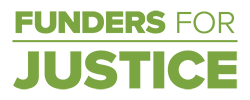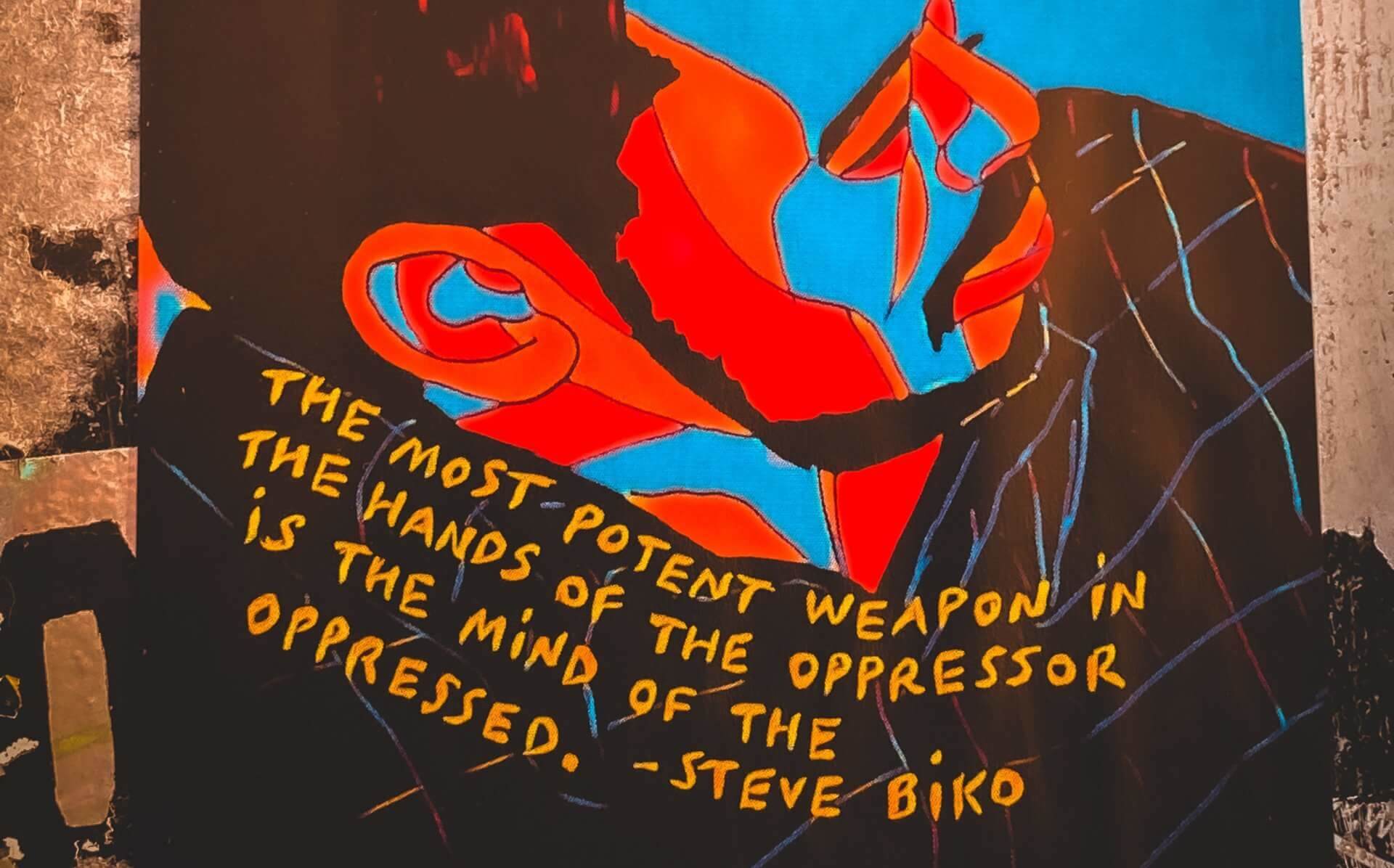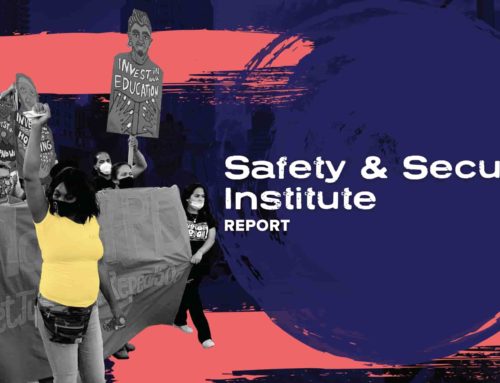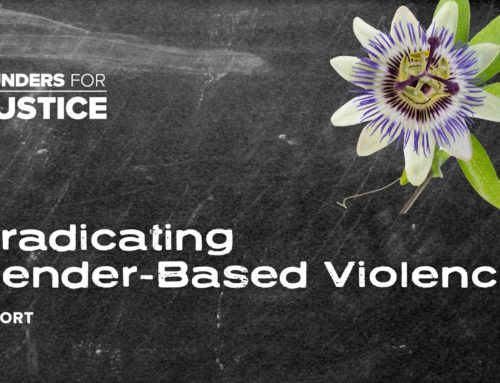There’s A Call For Healing Justice: How Donors Can Respond
When residents in Ferguson, MO, and across the country, were rising up against police violence, systemic racism, and economic injustice in 2014, grassroots organizers put pressure on donors to fund in this critical moment of social change and to do so differently than they had in the past.
Grantmakers wanted to be responsive and move money quickly to the ground. They were looking for a place to learn and identify where to give their money. Funders for Justice (FFJ) was founded to be that political home for donors. FFJ is now 450 members strong and growing.
Now, there is another clear charge for philanthropy: Fund healing justice work in community-based organizations, with no directives or strings attached. Just support people in their healing.
Several grantmakers, including Andrus Family Fund, Astraea Lesbian Foundation for Justice, The California Endowment, Ford Foundation, Four Freedoms Fund, Groundswell Fund, NoVo Foundation, Third Wave Fund, and Urgent Action Fund, had heard many of their grantees identify a need for this different type of support. This support was framed on communities healing from the trauma incurred by generations of policing, imprisonment, and detention – from criminalization for being poor and Black or brown, and living in neighborhoods long forgotten or dismissed by policymakers and developers.
Our members first set out to learn: Who is doing healing justice work in the field? How do they define healing justice? How does this relate to a public health frame? What should philanthropy do differently? Members participated in two deep-dive webinars together, in which several healing justice leaders shared their frame for healing justice, in the context of history, identity, lived experience, and culture.
Next, FFJ members developed a Vision for Healing Justice in Philanthropy. Read an excerpt below:
The Funders for Justice Healing Justice Strategy Group envisions a future where everyone has the resources and self-determination to heal, reduce, and transform harm from acute, chronic, and generational trauma in the ways that they choose, at a pace that they choose, and using methods that are rooted in their cultural and ancestral traditions … As donors and foundations, we are accountable to the communities and movements we are funding and believe that shifts at the individual, institutional, and sector-wide level are necessary to build trust with grantee partners and support stronger movements for racial, gender, and economic justice.
Members shared questions and struggles within their own institutions, and began to move more money, and to move it in a more aligned way.
Finally, our members hosted two all-day institutes with other funders, to share their learnings and invite their peers to join them in learning and funding differently. Additionally, Astraea hosted an all-day convening and launched their new report, “Healing Justice: Building Power, Transforming Movements.”
Across all areas of FFJ’s programming, from bail reform to migrant rights and detention, healing justice is a driving purpose to the work of our field partners. It is both the violence and oppression enacted on past generations and the current day assaults that create trauma. As folks at Poder in Action, in Phoenix, AZ, and Communities United, in Chicago, say: Community organizing is healing, because community builds power to change the conditions that are causing harm. Ola Osaze, of Black LGBTQ Migrant Project, told FFJ that they are mandated to do both the legal defense work to get people out of detention and the healing justice work of building community and making sure that members have access to health care and basic life needs, because their members’ lives depend on it.
How Can Philanthropy Be Part of the Change?
Philanthropy has a tremendous opportunity to make a big difference in ending the injustices that cause trauma to communities. Certainly, more multi-year general support grants to grassroots organizations led by people of color is critical. But what if a donor is ready to fund change on an even bigger scale? Grassroots organizations, movement collaborations, and philanthropic leaders have called on funders to increase their payout from the required 5% to 10% — or even spend down the entire endowment. This would change the power dynamic significantly.
If donors are ready to make this bold and necessary move, one key opportunity is to fund grassroots organizations to purchase land and form land trusts. Typical grants can fund a campaign to pressure whoever owns the land to sell it – but a shift by donors to giving much more of their money can change the power dynamic in a significant way. Organizations would have equity in the land and thus more financial flexibility and independence. Organizations would be able to offer housing options; grow food and work towards food sovereignty; and provide a safe place for kids to play and for communities to come together.
Right to the City and The Movement for Black Lives are two powerful national alliances working on land trusts and land reparations with local partners, and Chainbreaker Collective recently launched a campaign to turn an abandoned university on 64-acres of land into a land trust in Santa Fe, NM. Solidaire is a network of donors that is discussing land reform and land redistribution as part of their aligned giving strategy.
How Can Donors Take Action?
This nation’s imagination for social transformation came alive because of the uprisings in Ferguson. The conversation and national understanding of racial injustice and police violence was transformed. Many grantmakers have made changes in their grantmaking, but donors as a community still hold billions of dollars that could instead go directly to communities. Investing in a power shift by giving larger dollars directly to communities is one large step that donors can take in shifting their own practices and stopping the harmful impact that wealth inequality has had on communities.
____
Original contribution by Lorraine Ramirez, Executive Director, Funders for Justice.
Funders for Justice welcomes new members to our Healing Justice Strategy Group, to learn and strategize with a community of donors. Please contact us here.



